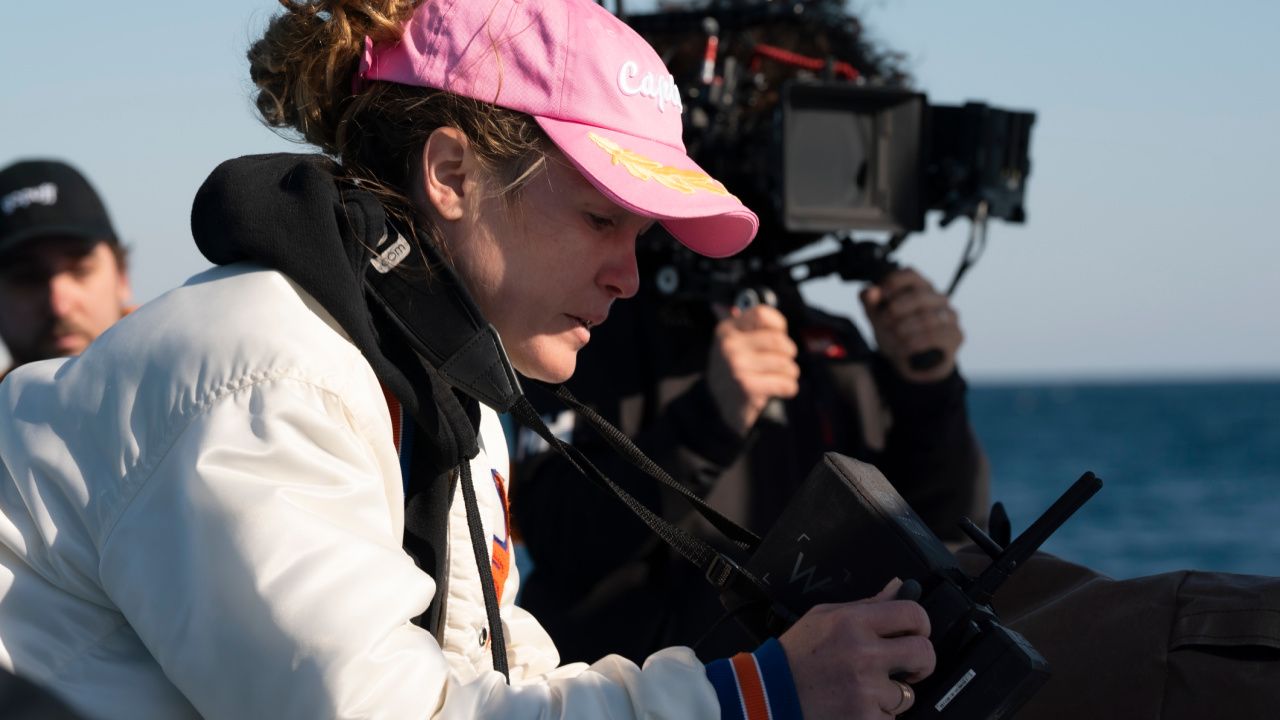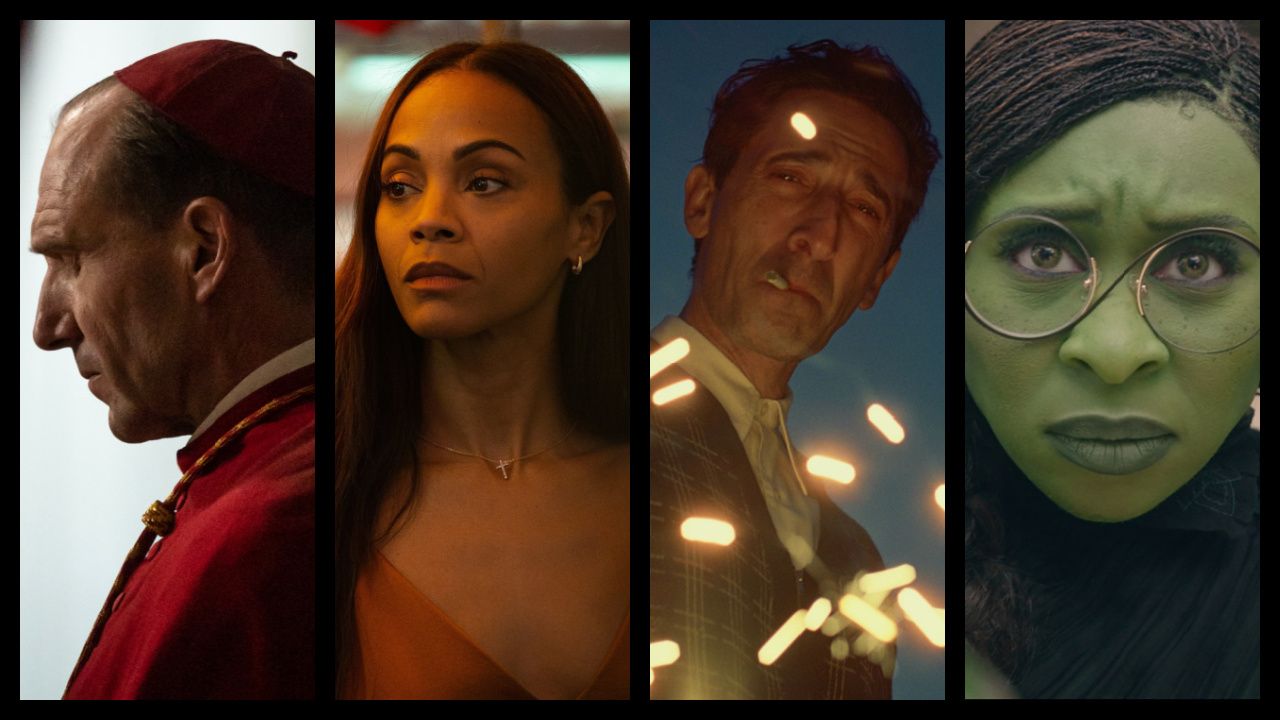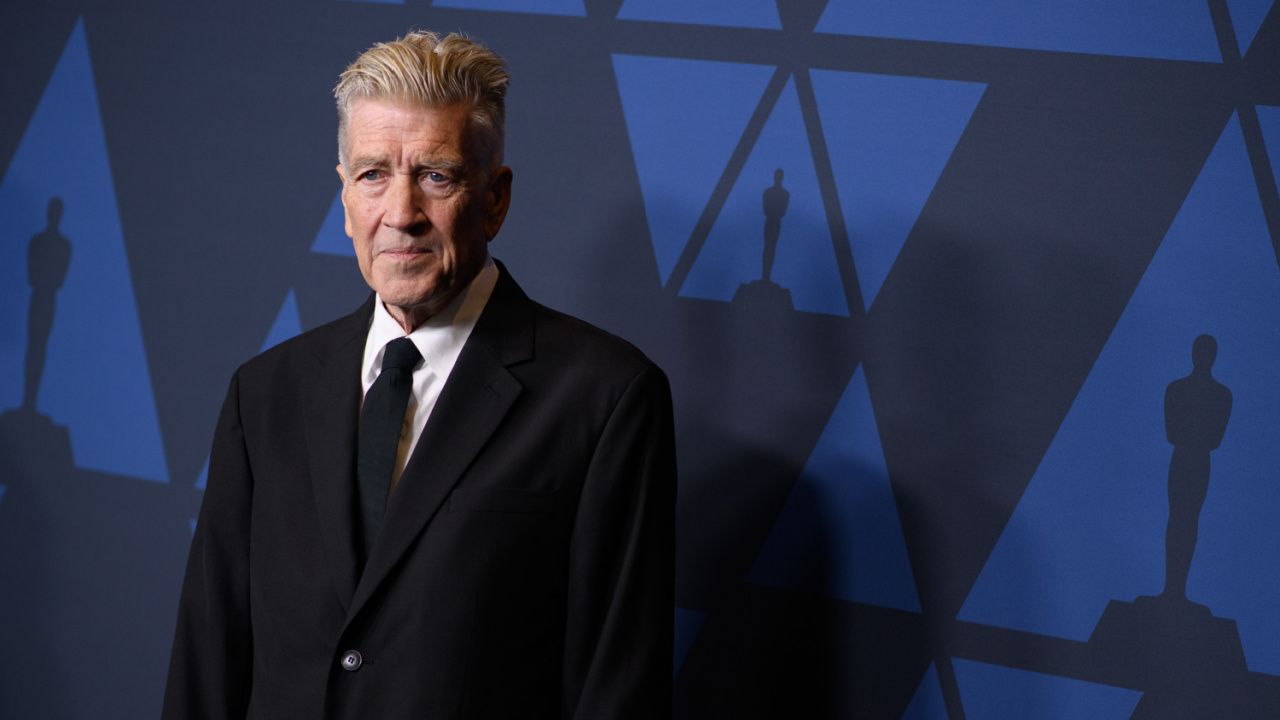‘Fight Night: The Million Dollar Heist’ Review: Starry Peacock Dramedy

It takes a while to realize that the hero of Peacock‘s new crime dramedy Fight Night: The Million Dollar Heist isn’t, in fact, any of the series’ convoy of flamboyant gangsters, hoodlums and petty criminals but, rather, the city of Atlanta. And that the titular heist, despite the stated financial value, is really one of prestige and global recognition
Or perhaps the hero of Fight Night is Kevin Hart‘s Chicken Man, not because he’s a character of virtue or ingenuity, but because Chicken Man represents Atlanta — a scrapper with big dreams learning to overcome his disreputable past by thinking of the wider world beyond himself.
Fight Night: The Million Dollar Heist
The Bottom Line
A terrific cast masks lapses in tone and focus.
Airdate: Thursday, Sept. 5 (Peacock)
Cast: Kevin Hart, Taraji P. Henson, Terrence Howard, Don Cheadle, Samuel L. Jackson
Creator: Shaye Ogbonna
Full credit to Shaye Ogbonna, adapting the podcast of the same title, for making a comic thriller with the heart of an American Studies graduate thesis. I’m not being sarcastic! Fight Night has some actual things on its mind, plus a ridiculously deep and generally well-deployed ensemble cast. These elements generally make up for the myriad structural and tonal problems in an eight-hour run time that’s padded by at least two hours and struggles to maintain any momentum.
It’s 1970 and Atlanta is a small-time city, still pulling itself out of the ignominy of its Dixie roots. Chicken Man is an ex-con running the numbers game, with the help of his mistress and Girl Friday Vivian (Taraji P. Henson), very much aware that his racket is about to get usurped by a statewide lottery. (Oddly, the same subplot plays out in Apple TV+’s Baltimore-set Lady in the Lake.)
Opportunity for Chicken Man and his hometown arrive simultaneously in a show that is, to quote, “based on some shit that really happened.”
Still a polarizing figure over his opposition to the Vietnam War, Muhammad Ali (Dexter Darden, capturing the champ’s cadences if not his physicality) has scheduled his first fight in three years in Atlanta, much to the chagrin of Georgia’s segregationist governor, as well as local law enforcement. The event brings controversy to the area, as well as a sea of African American luminaries, aligning with Chicken Man’s dream to help transform the town into a Black Las Vegas (mostly for his own benefit, initially). When he hears that the country’s leading Black organized crime figures will be in town, he offers to throw a party honoring Samuel L. Jackson‘s notorious Frank Moten. What Chicken Man doesn’t know is that there was a previously planned party and previous plans to rob that party, and he’s going to make an easy scapegoat.
The heist and its mounting body count complicate life for Detective J.D. Hudson (Don Cheadle), recruited as one of the city’s first Black police officers to provide protection for Ali, despite his own ambivalent feelings about the boxer.
Soon, Chicken Man is on the front page of local papers as the organizer of a crime he didn’t orchestrate and godfathers from around the country — including Terrence Howard’s Jersey-based Cadillac — are trying to kill him. The actual robbers are realizing that what seemed like a low-stakes smash-and-grab has put a bounty on their heads as well. Who will still be alive when the dust settles and who will win the battle for Atlanta’s future?
One of the keys of both a good heist and a good heist story is precision, and Fight Night is a determinedly unwieldy thing. It only has enough story for a two-hour movie, but enough characters for a five-season cable drama, and the effort to reconcile that gap never becomes fluid. On top of the genre-standard and repetitive tweaking of structure — starting with a pointless in medias res opening and including multiple “It was a plan all along!” flashback revelations — it’s a show that’s constantly introducing new people and then often having to reintroduce them.
If you have Jackson and Howard and Hart and Henson and Cheadle, the star power alone buys you extra time to eventually give their characters backstories. The A-listers all get enough material to deliver performances that are either fully realized, or at least tremendously fun.
This is probably Hart’s best semi-dramatic work to date, a mixture of fast-talking humor and increasingly serious reflection wrapped in wide-collared suits and a perpetually impeccable Afro. Though there are points at which Jackson feels like he’s leaning heavily on his old Tarantino playbook, only with far less florid dialogue, he tears into his silver-tongued tough-guy attitude with menacing ease. When it’s time for Jackson and Cheadle, with surely the story’s most complex figure, to share the screen, it’s a total, if too-rare, pleasure. Henson maintains Vivian’s dignity even when the scripts fall back on stale threats of sexual violence, and she finds a sassiness that’s more fragile and less overtly comic than in her Emmy-nominated Empire turn.
But the participants in the actual job are played largely by relative unknowns, so the series tells us who they all are. Then there’s the heist in which the characters are all wearing masks so it’s impossible to know which people we half-met in the previous episode. Then we’re told who they are again in the next episode, and then they all spend time in an abandoned nightclub in a later episode and get introduced again. While I grew to recognize them and have interest in one or two of their fates — there are seven or eight robbers before bad things start happening — by the finale, every wave of new exposition resets the accumulated suspense and emotional investment back to zero.
I get why Ogbonna and company wanted to make sure that these roles weren’t afterthoughts. They’re the systemically oppressed pawns, whether they’re the tools of the military industrial complex overseas or the mysterious power players who commissioned the scheme. It’s interesting to watch the writers try to decide if they’re worthy of specific sympathy — some of them are pretty bad dudes — or simply a general human empathy. Plus, they’re all very well-played and there are standout moments for Melvin Gregg, Myles Bullock, Sam Adegoke and more.
But just as you can sense the writers wanting to flesh out what might otherwise be background figures — see also Artrece Johnson, excellent as Chicken Man’s wife Faye, and Teresa Celeste, feisty as the generally undefined Maxine — it’s just as easy to imagine editors and audiences itching to get back to Samuel L. Jackson waving his gun and swearing or Don Cheadle hobnobbing with Muhammad Ali.
Stars: They’re a blessing and a curse.
It’s a lack of focus that causes the tone to waffle as well. Wanting violence to vacillate between frivolous and significant requires a delicacy that Fight Night rarely possesses. A performer like Jackson can still make hollow profanity hum, but empty violence and cheap tension built on the possibility of rape is exploitative in a story that can’t decide if that’s the direction it wants to go.
Craig Brewer, who directed the first two and last two chapters, knows how to tap into a grindhouse aesthetic. The opening credits go full B-movie, complete with weathered film stock and the vintage NBC peacock logo. Brewer’s early episodes employ split screens and zooms to catch that late-’60s, early-’70s flavor, but much of the middle of the season is more visually nondescript. It’s a reminder of how much easier it would have been for Fight Night to sustain levels of consistency as a feature film or maybe a six-part series. There were multiple places in the middle of the season when my attention waned.
That’s where the actors kept me watching. The show isn’t consistent, but the world the writers capture consistently gives stars and newcomers and character veterans — I don’t want to leave out vivid work from the likes of Rockmond Dunbar, RonReaco Lee and Michael James Shaw — opportunities to shine.
Read the original article here






